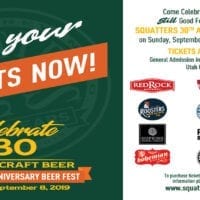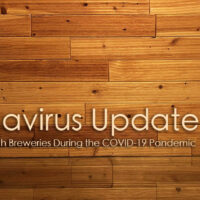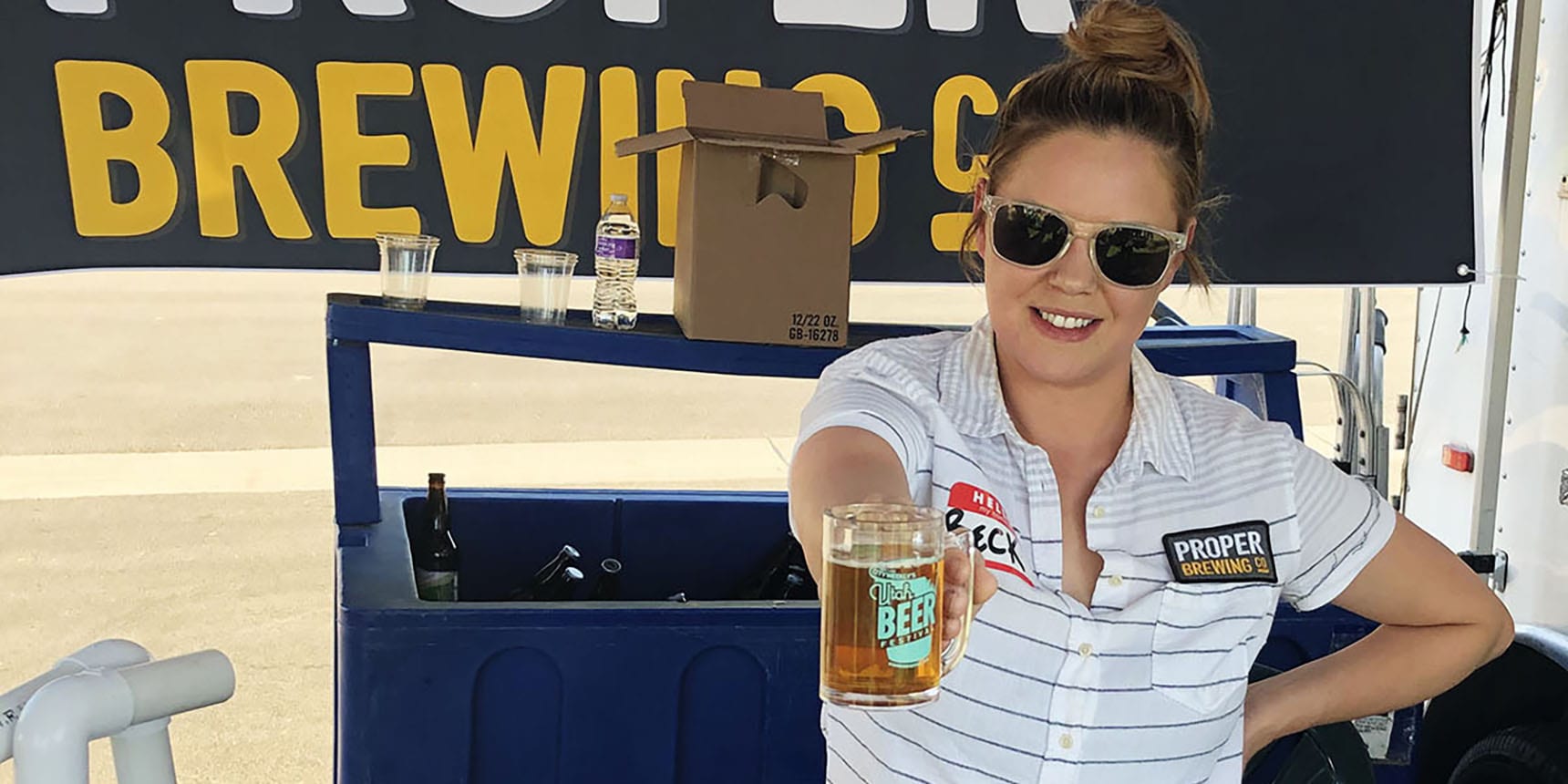
It’s funny how sometimes something seemingly so ordinary can carve a career path somewhat extraordinary. It happened for Rebecca Cardaccio, the sales director for Proper Brewing Co. in Salt Lake City.
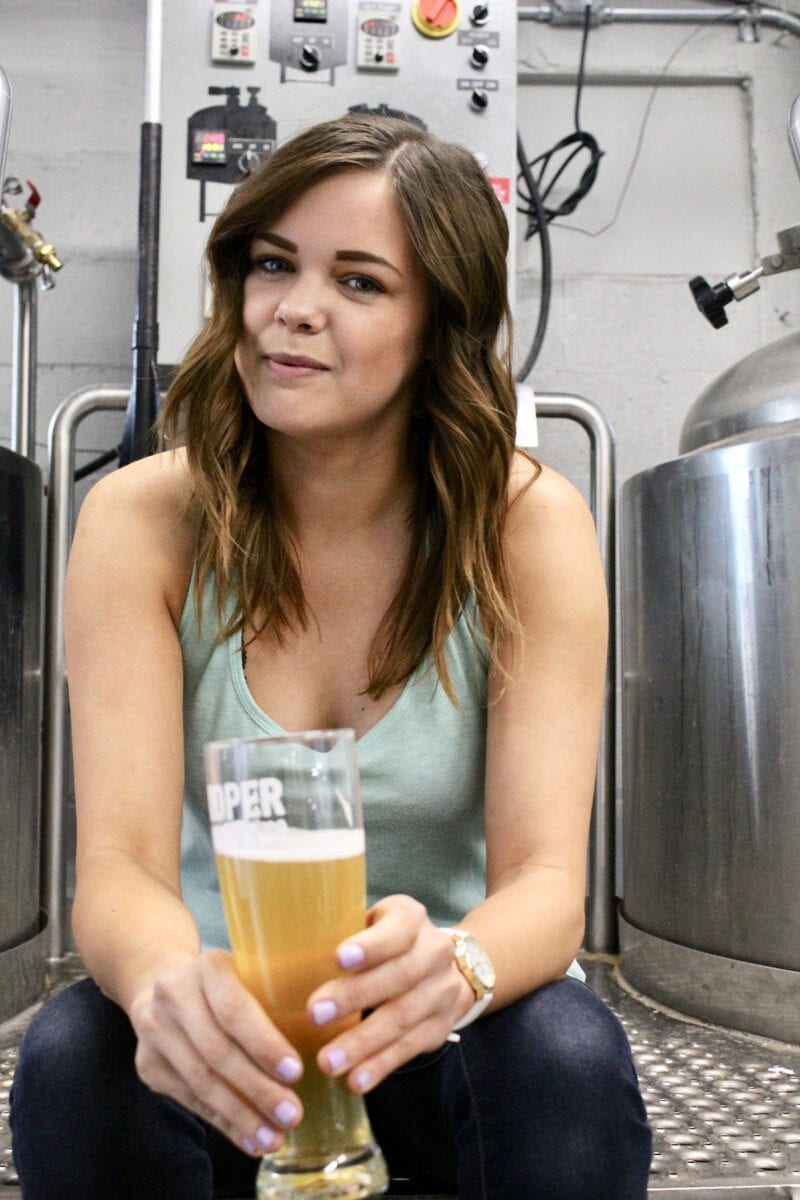
Early in her career, Cardaccio worked in bars and restaurants with her eyes set on becoming a sommelier. Ultimately, however, she grew tired of the late nights common in the industry.
Though not looking to exit the hospitality field completely, Cardaccio sought a spot that kept closer-to-traditional business hours.
“I applied over at Avenues Proper, the original Proper location,” Cardaccio remembers. “They were hiring a server and they closed at 10 o’clock at night. I found that very appealing.”
Cardaccio, a self-described “extremely curious person,” frequently picked the brain of Rio Connelly, one of Proper Brewing’s co-founders, to learn everything she could about beer.
“I became more passionate about beer than I was about wine,” she says.
Soon, she studied to become a Certified Cicerone. And currently, Cardaccio is one of three women in Utah — and one of only 11 total in the state — to hold the advanced beer certification, according to the Cicerone website.
Unlike the Beer Judge Certification Program (BJCP), which focuses more on the brewing side of things, Cicerones — which translates to “guides” — help to parse the technical aspects of brewing into a language more easily understood by consumers.
“In sales, it’s really important to be able to describe a beer in a way that gives people an understanding of what it’s going to taste like,” she says. “Rather than the process behind making it.”
Now, more than six years later, Cardaccio is in charge of sales for Proper Brewing Co. And, in many ways, she serves as a bridge between brewer and beer drinker.
🎙 Listen: Proper Brewing Co.’s Rebecca Cardaccio
BONUS: Subscribe to the Utah Beer News Podcast and listen to our interview with Rebecca Cardaccio, sales director for Proper Brewing Co. We go behind the scenes to get a better idea of what it takes to get a craft beer from brewery to glass. From beer naming to label design to packaging considerations to pricing and more, Cardaccio works closely with the Proper brewing team in overall brand development.
Listen Now
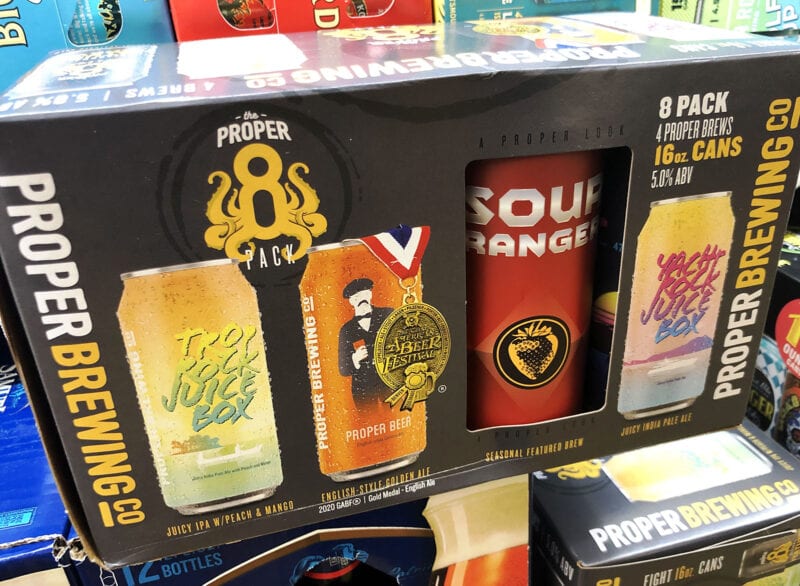
The Many Sides of Sales
The job description is a bit intimidating. As sales director, Cardaccio works closely with Proper’s brewing team on brand development and communicates with its distributor to gather real-time sales data for forecasting purposes.
“Accurate projections are important for our brew team,” she says. “It keeps people happier if you’re not all of a sudden, ‘I need twice as much beer’. The brew team can’t magically make that appear. Coordination and communication are key.”
In addition, she also:
- Handles label design oversight, working with multiple agencies to get approvals, right down to the barcode and surgeon general’s warning. And then ordering labels, ensuring they arrive in time for packaging the beer.
- Consults with colleagues on beer names and overall aesthetics
- Advises the distribution team on new products in the market
- Communicates price changes and submits the mountains of paperwork you might expect an alcohol-focused company would have to submit
And before Proper Brewing hired a distributor, Cardaccio would likely be the individual that bar and restaurant owners would see delivering kegs or cases. Not to mention draft line cleaning, a responsibility Cardaccio doesn’t regret relinquishing.
“It’s a lot of stuff,” Cardaccio says, acknowledging that the pandemic turned things upside down. “I think as we get busier it will be nice to hire another rep who will be the on-the-street and out-in-the-market person and I can be more of the brand development type of things.”
Researching Trends
In an increasingly competitive marketplace, well-researched initiatives are critical to success. Putting in the time and effort to ensure all angles are considered is Cardaccio’s modus operandi.
“I think I suffer a little bit from imposter syndrome,” she says. “I don’t have a degree in marketing, I don’t have a degree in sales. I’m just experienced-based. I’m a research type of person. I get stressed out putting a lot of effort and work into something and not having it work out.”
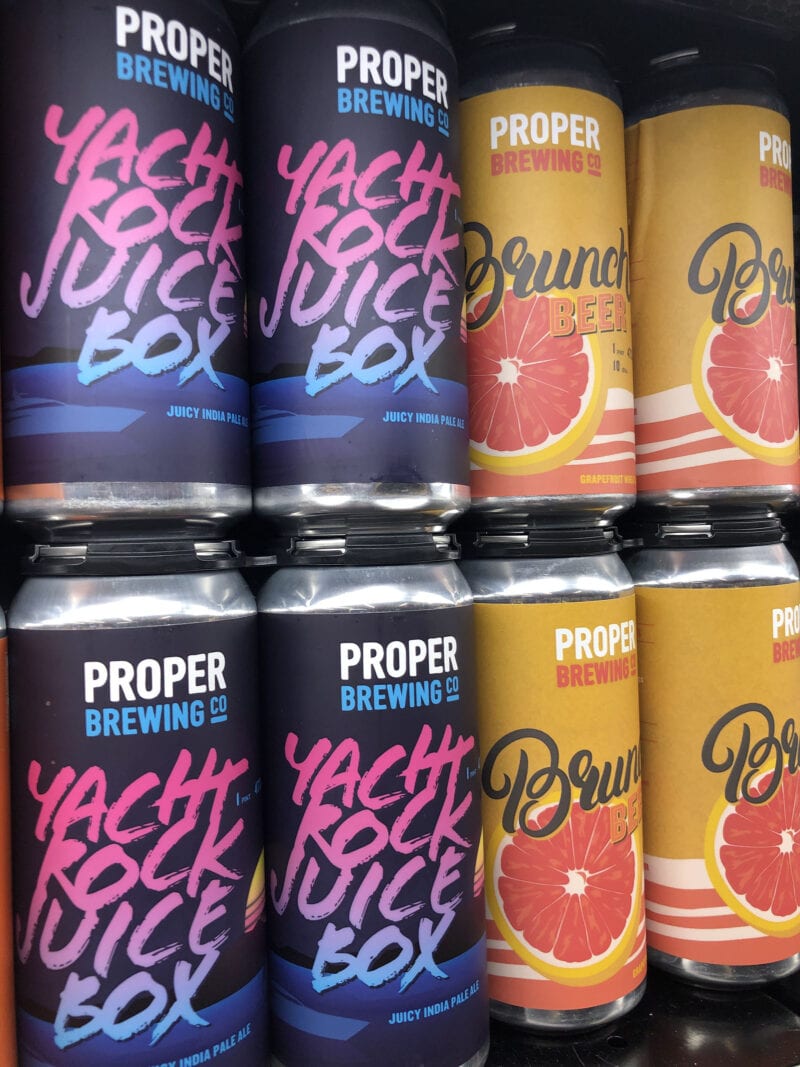
Lists and notebooks are two organizational tools of the trade for Cardaccio. “If anyone saw the sticky notes of my to-do lists, they’d probably have a heart attack,” she says.
Proper Brewing’s switch to primarily 16-ounce cans from 22-ounce bottles is one large-scale example in which extensive market research proved to be instrumental in ultimate success.
“It’s definitely not a cheap transition,” Cardaccio says, explaining that a canning line can easily top six figures, not to mention the slowdown in production as employees learn how to use the equipment. “But looking at sales, the 22-ounce bottles weren’t selling. People wanted a smaller format. We’re in Utah, a very active state, and 22-ounce glass bottles aren’t really easy to take around.”
Even more, think about grocery shoppers picking up beers for the weekend.
“You’re walking by the beer aisle and grab two 22-ounce bottles,” Cardaccio says. “You’re using both hands to put them in your cart. The average buyer doesn’t go back to (pick up more). But now you can buy four 16-ounce cans using one finger…and if you want to buy eight with two hands, it makes it physically easier to buy that product.”
A Rewarding Career
Craft beer, at its heart, is a labor of love. A beer’s path — from a simple idea to a full-fledged packaged product — is a passion project. The payoff arrives via smiles across a bar or laughter among friends as they enjoy a Proper beer.
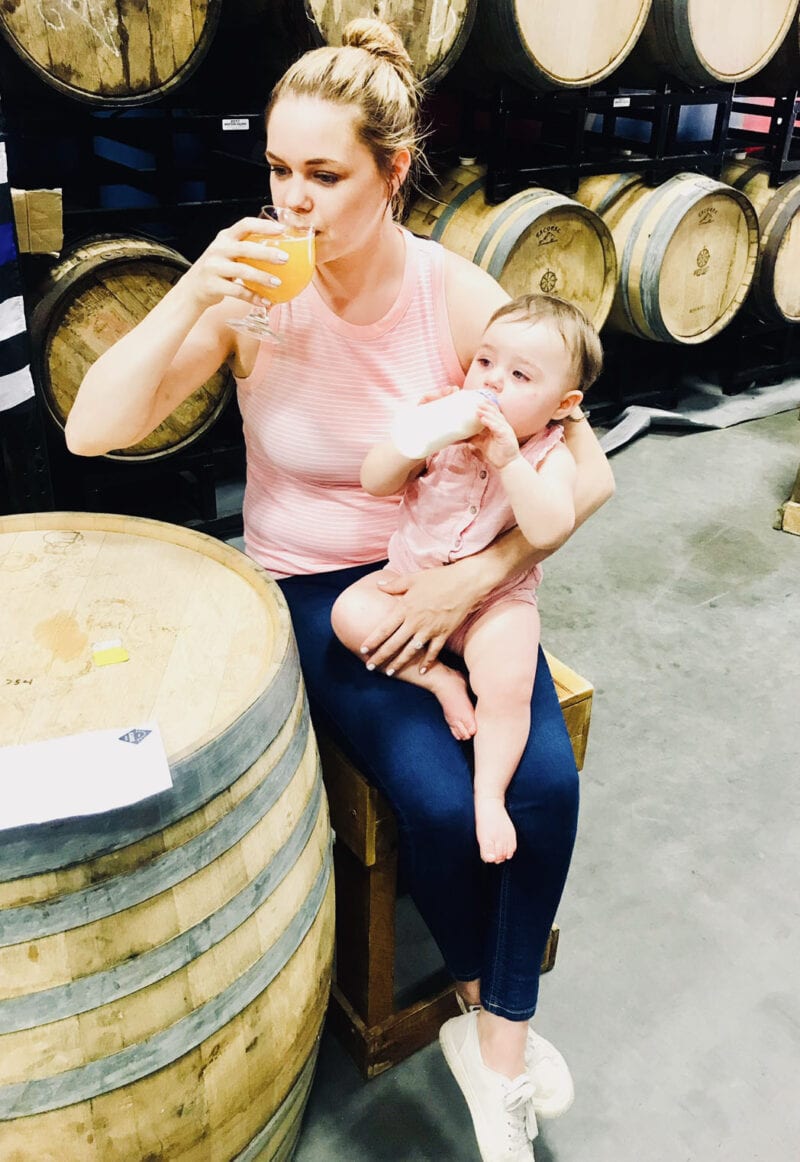
“I’m not out in the market as often as I used to be,” says Cardaccio, noting that between the pandemic and a toddler at home, her bar/brewery visits are limited. “When I am out and I see somebody enjoying our beer, it is so rewarding.”
And it’s especially gratifying knowing that her efforts help the brewers’ work get recognized in the market, which, in turn, leads to the company’s overall success.
“I really like seeing our brewers happy with a beer they’ve made,” she says. “We’ve all been confident in the flavor profile and if I can get that into people’s hands and into people’s glasses, then it validates that. It makes me really excited that their passion gets appreciated because I helped to get (the beer) in front of people.”

